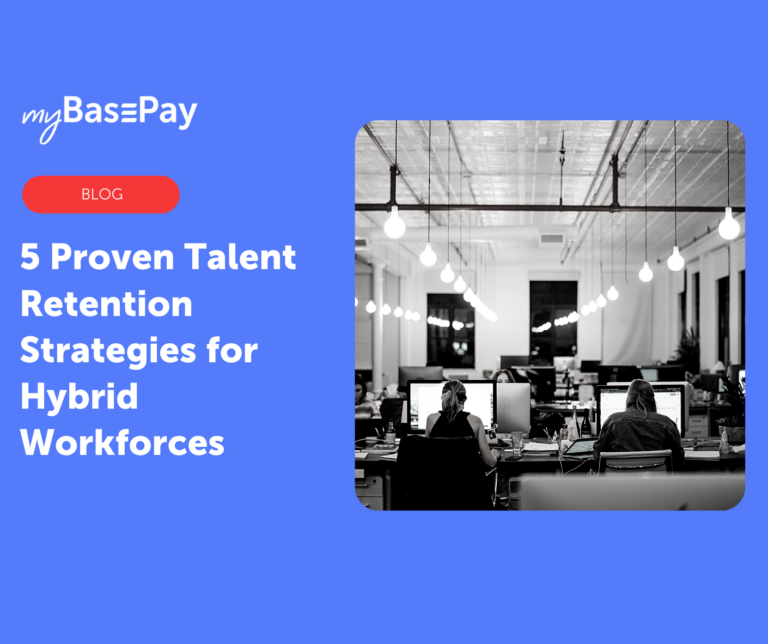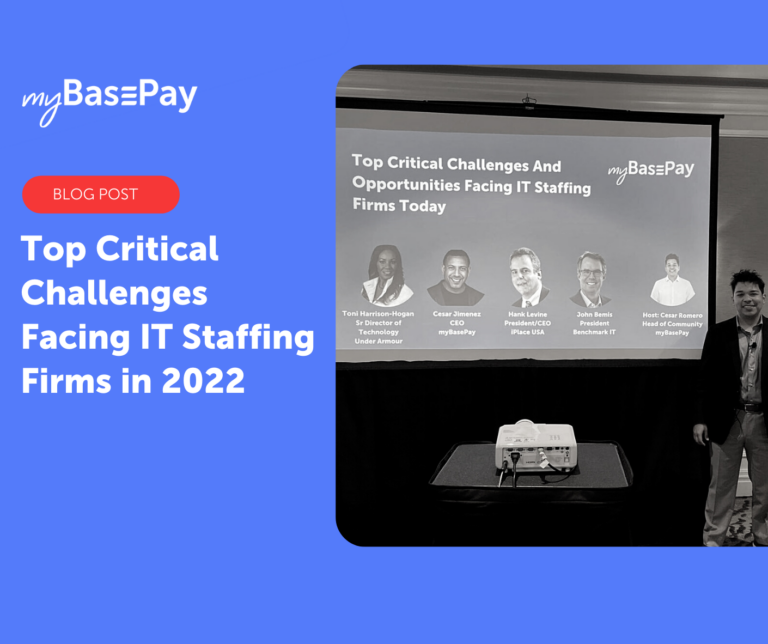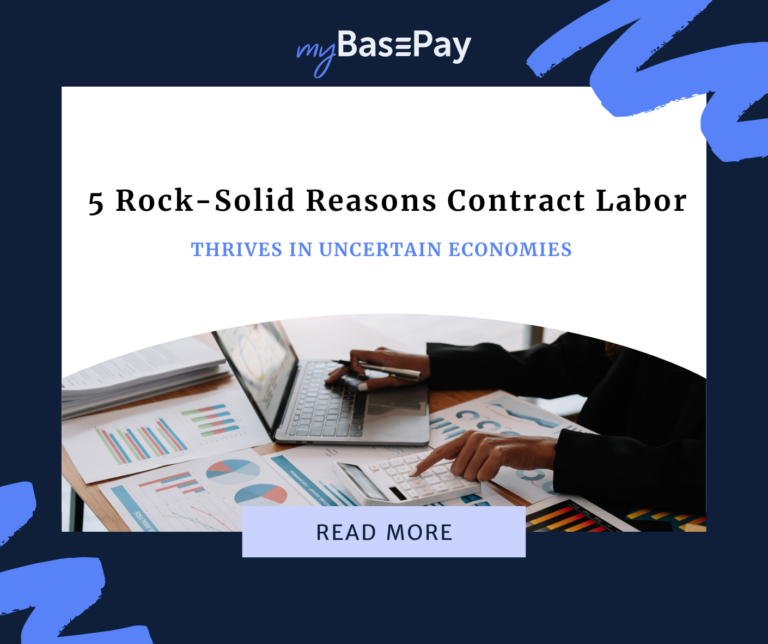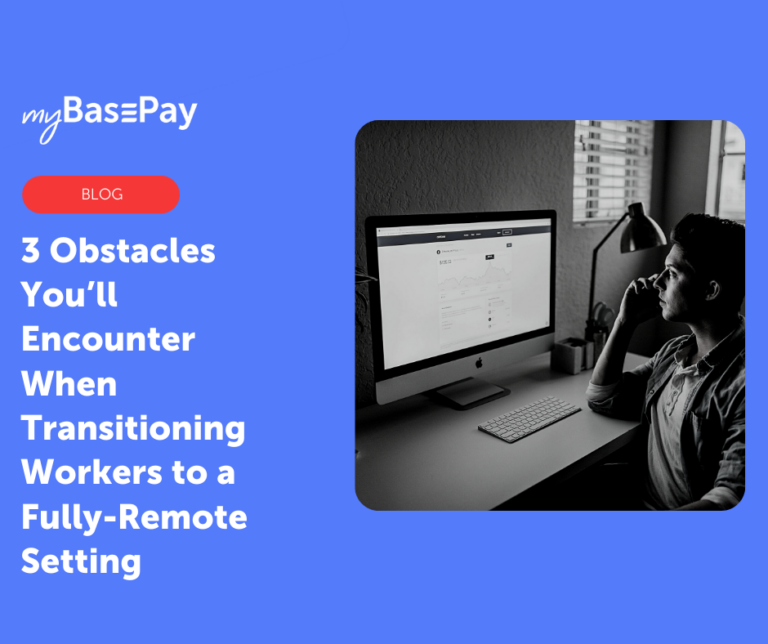4 Reasons to Strongly Consider Hybrid Resourcing for Your Business
The world of work has undergone a dramatic transformation in the last few years. The COVID-19 pandemic and “Great Resignation” have caused millions of individuals to switch to new employers, leave the workforce entirely, or become independent contractors.
In fact, Americans For Prosperity reports that 36 percent of American workers freelance. This large, diverse group includes writers, truck drivers, designers, staffing agents, marketers and more.
For businesses, this represents a significant opportunity. By using hybrid resourcing, you can combine your existing in-house resources with high-quality external partners to complete important business tasks. Hybrid resourcing may require some adjustments to your current business operations, but it also can offer several worthwhile benefits.
1. Make Your Business More Agile
One of the biggest advantages of hybrid resourcing is that it gives your business increased flexibility and agility to address its operating needs. Hybrid resourcing makes it easy to adjust your team composition as needed.
For example, a staffing agency that needs temporary help sourcing talent for a major corporation can enlist the assistance of an independent contractor. This would ensure that the in-house team doesn’t get overwhelmed with too much work, while also making it easier to hit client deadlines.
With a contractor, work agreements typically only last for the duration of a single project. Once the project is finished, you don’t have to worry about trying to find additional work to fill the contractor’s time.
They are responsible for finding new clients and projects — though if you need them again in the future, you can reach out to them as needed. This is much easier than ending a working relationship with a full-time employee, which would typically require a firing or layoff.
2. Access Needed Skills and Expertise
In other situations, hybrid resourcing can provide your team access to skills and expertise that are completely nonexistent within your current workforce. For example, you could hire a web designer to revamp your company’s website when no one on your current team has these types of abilities.
Hybrid resourcing allows you to connect with groups or individuals who already have the skills for the task you need. Thanks to their specialized capabilities, businesses generally don’t need to worry about training and onboarding processes, like they would with a full-time hire. Instead, they can simply provide the project parameters (such as desired deliverables and deadlines) to the contractor and let them get to work.
While you will still need to check in with the contractor to evaluate progress on the project and ensure that work is meeting expectations, you can largely take a hands off approach. The contractor is the expert, so you can trust them to do the work in a manner that is the most efficient and will deliver the best long-term results.
3. Expand Access to Talent
Hybrid resourcing doesn’t just give you access to capabilities that aren’t present within your current team. It also allows you to reach out to top talent from anywhere in the country — or across the globe.
Post-COVID, many companies want their full-time workers back in the office most (or even all) of the time. While in-person working environments certainly have their share of advantages, they can limit a company’s potential to access talent from areas outside its immediate geographic area.
Not everyone is willing to relocate for work. In fact, prior to the COVID-19 pandemic, the percentage of job seekers who moved after getting a new job had posted steady declines from prior decades. This can make it all too easy for a business to miss out on the top talent that could help it the most.
This isn’t the case with hybrid resourcing. Independent contractors don’t work in your office. They work from their own office (or even their own home), and connect to your business remotely. This gives your company a greater range of talent to choose from, making it easier to find the “perfect match” that will provide a mutually beneficial partnership.
4. Reduce Overhead
Hybrid resourcing can significantly reduce overhead for your business — even when you’re paying independent contractors a higher hourly rate than you would your employees.
With independent contractors, the business is not responsible for providing the same benefits they would to employees, such as health insurance coverage, tax contributions, unemployment compensation insurance, or paid time off. The business also does not have to worry about providing equipment, training, or office space for the contractor.
Instead, the contractor is responsible for managing these concerns on their own to maintain their independent status. In fact, businesses must be careful to not provide any such benefits to contractors they partner with — otherwise, the government will consider them to be classified as employees.
Then, of course, with hybrid resourcing you pay for the work provided by an independent contractor on a per-project basis. You only pay for what you need, when you need it, as opposed to full-time employees, who are generally paid for 40 hours each week regardless of how much work there actually is for them to do. Regularly partnering with quality contractors will help you save money in comparison to hiring additional full-time staff.
Achieve Hybrid Resourcing Success With myBasePay
While hybrid resourcing offers several potential benefits for your company, there is no denying that it also comes with its fair share of challenges. This is especially true when engaging with individual contractors, as opposed to partnering with a third-party company.
How your organization engages with independent contractors can determine whether the IRS views them as an employee. And providing a positive experience for the contractor is key to ensuring that top talent will be willing to work with you again.
This is where myBasePay comes in …
Our full suite of back-office solutions provides full-cycle compliance administration, payroll, onboarding and more to help your organization effectively manage hybrid resourcing. With myBasePay on your side, you can focus on your relationships with your external partners, rather than worrying about issues like employee classification and invoice processing.
With the right partners, your business can thrive in a hybrid world.
Author: Cesar Jimenez, myBasePay CEO
Cesar A. Jimenez is an entrepreneur, investor, and military veteran with over 25 years of staffing industry expertise successfully leading technology staffing organizations. His expertise in the IT industry allows him to use his experience as a thought leader for talent acquisition, staffing, IT, and recruitment technologies with a passion for contingent workforce solutions. Cesar has held various leadership roles for both a global staffing organization and technology solutions companies. This expertise has enabled him to develop alternative workforce models that provide the agility for organizations to be competitive in today’s marketplace. In his spare time, he enjoys spending time with hisfamily, working out, and coaching high school baseball players.






